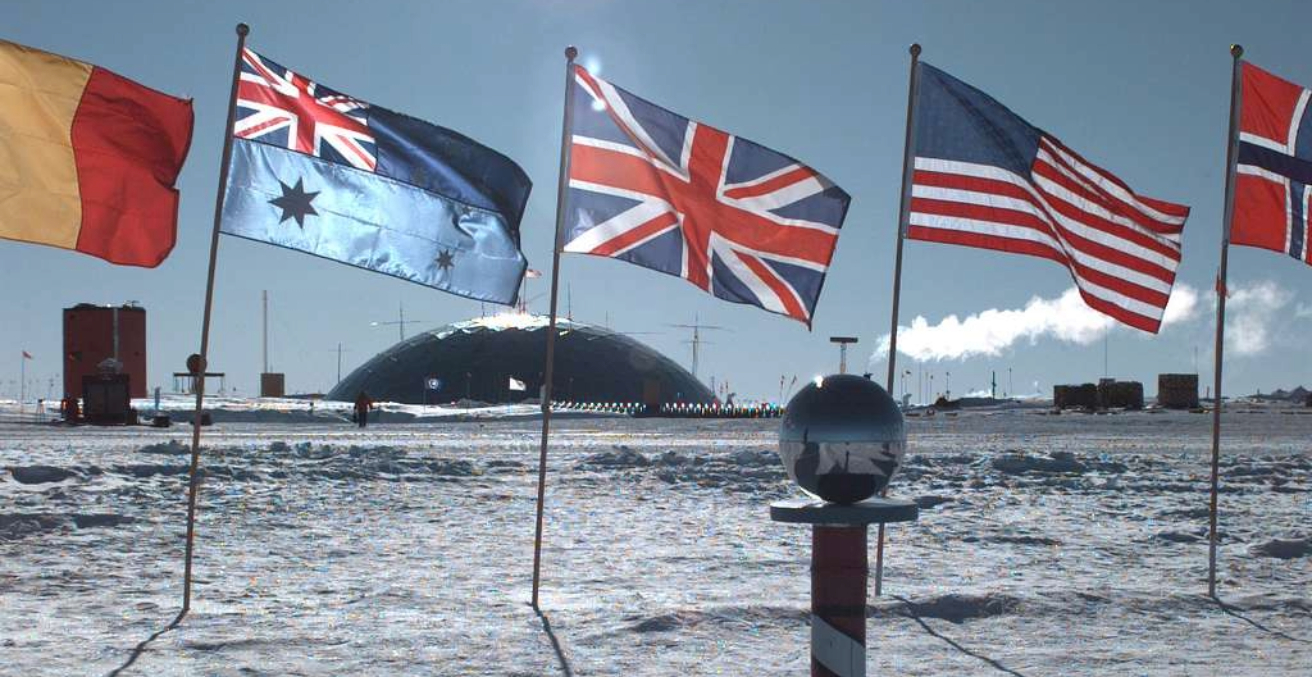Donald Trump’s speech to the UN General Assembly made clear his brazen stance on North Korea and more, much to the chagrin of the international community.
To say that Donald Trump’s address to the United Nations was keenly anticipated would be something of an understatement. This sort of set piece speech offers a new American president the opportunity to set out his foreign policy stall and give the rest of the so-called international community a chance to size up the latest leader of the free world.
The largely stunned silence that greeted Trump’s verbal attack on North Korea in particular spoke volumes, to mix metaphors. Trump’s suggestion that the patience of the US was running out, and that it may have “no choice but to totally destroy” North Korea and its “depraved regime” was not quite the sort of emollient, inclusive rhetoric UN delegates were used to.
To be fair to Trump, there may be something to be said for shaking up an organisation that is often criticised for its ineffectiveness, lack of coherence and ponderous bureaucracy. Indeed, even newish UN Secretary-General António Guterres offered support for Trump’s earlier critique of the organisation’s failure to act decisively at times. But for supporters of the very possibility of international cooperation, Trump’s words did little to inspire hope, much less confidence in American leadership.
Even supposed allies of the US, such as France’s new leader Emmanuel Macron, were clearly aghast at Trump’s willingness to overturn years of diplomatic effort on the part of the international community. The painstakingly negotiated agreement with Iran that most observers think is actually having a tangible impact on restraining its nuclear ambitions was one of the only bright spots in the benighted Middle East.
Predictably enough, one of the few countries to offer fulsome support for the American position was Israel. Benjamin Netanyahu is another abrasive presence on the international stage, and equally dismissive of what Trump described as “one of the worst and most one-sided transactions the United States has ever entered into”. Significantly, no American president has ever expressed any misgivings about Israel’s possession of nuclear weapons.
Whatever the merits of Trump’s concerns about Iran as a source of “destabilising activities” in the Middle East, his suggestion that the likes of Saudi Arabia were doing a better job was frankly risible. Saudi Arabia has, after all, been systematically reducing Yemen to rubble, further undermining regional stability, to say nothing of triggering a massive humanitarian crisis that the international community generally ignores.
It is precisely this sort of highly selective reading of international politics that has given American leadership a bad name at times. Indeed, Trump’s cartoonish division of the world into good and evil, friends and foes, was reminiscent of the worst of Cold War rhetoric. The willingness to turn a blind eye to the behavior of authoritarian regimes of which America approves is one tradition that persists, it seems.
For those of us who like to believe—despite mounting evidence to the contrary—that effective international cooperation is not only desirable but actually essential, Trump’s address was dispiriting. The only good thing proto-internationalists might take from his words was that they were clearly aimed primarily at a domestic rather than an international audience.
We may have become increasingly inured to the banality of ‘America First’ and ‘Make America Great Again’, but to hear such meaningless parochial platitudes trotted out in the nearest thing we have to an international parliament was deflating, if all too predictable. One of the hallmarks of Trump’s presidency has been a desire to champion American interests, even if it’s increasingly difficult to say exactly what they are or how they might be realised.
The essence of the Trump doctrine, if such a phrase can be applied to the impoverished, self-absorbed and mean-spirited view of America’s place in the world he enunciated, is that “strong, sovereign nations” are the basis for a stable international order. Different values and cultures can coexist, apparently—a sentiment that might come as a surprise to Kim Jong-un. Whatever else we might say about Kim, there’s no doubt he’s keen on preserving national sovereignty.
What Trump and other nationalists fail to consider is that the privileging of national sovereignty that is baked into the UN’s operating principles is potentially a problem rather than an asset. We have seen how competing national interests continually paralyse the Security Council: there is little willingness to compromise sacrosanct national interests and loyalties, and little sense of the collective good.
Perhaps we should not be surprised about such underlying geopolitical realties. Whether we can afford them in a deeply interconnected international order where our fates are mutually determined is another question. For all its well-known problems and inadequacies, the UN is one of the few venues designed to encourage and facilitate cooperation and collective problem solving.
There are plenty of such problems to solve. The challenge, as ever, remains thinking of ways to make the UN work more effectively, rather than treating it as a venue for pursuing narrow nationalism. Donald Trump’s address suggests that the international community, if such a thing actually exists, will need to look elsewhere for leadership and inspiration.
Mark Beeson is Professor of Political Science and International Relations at the University of Western Australia and the AIIA National Research Chair.
This article is published under a Creative Commons Licence and may be republished with attribution.




